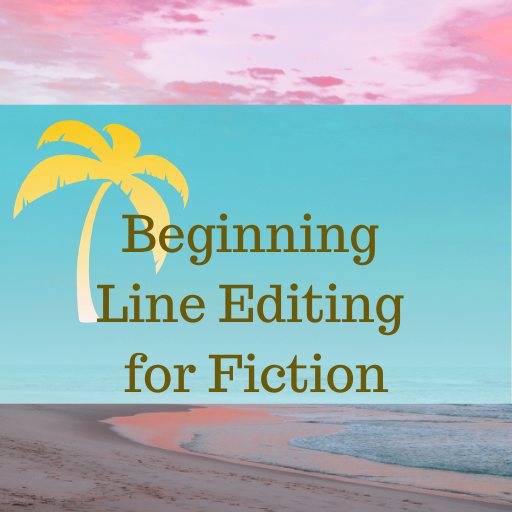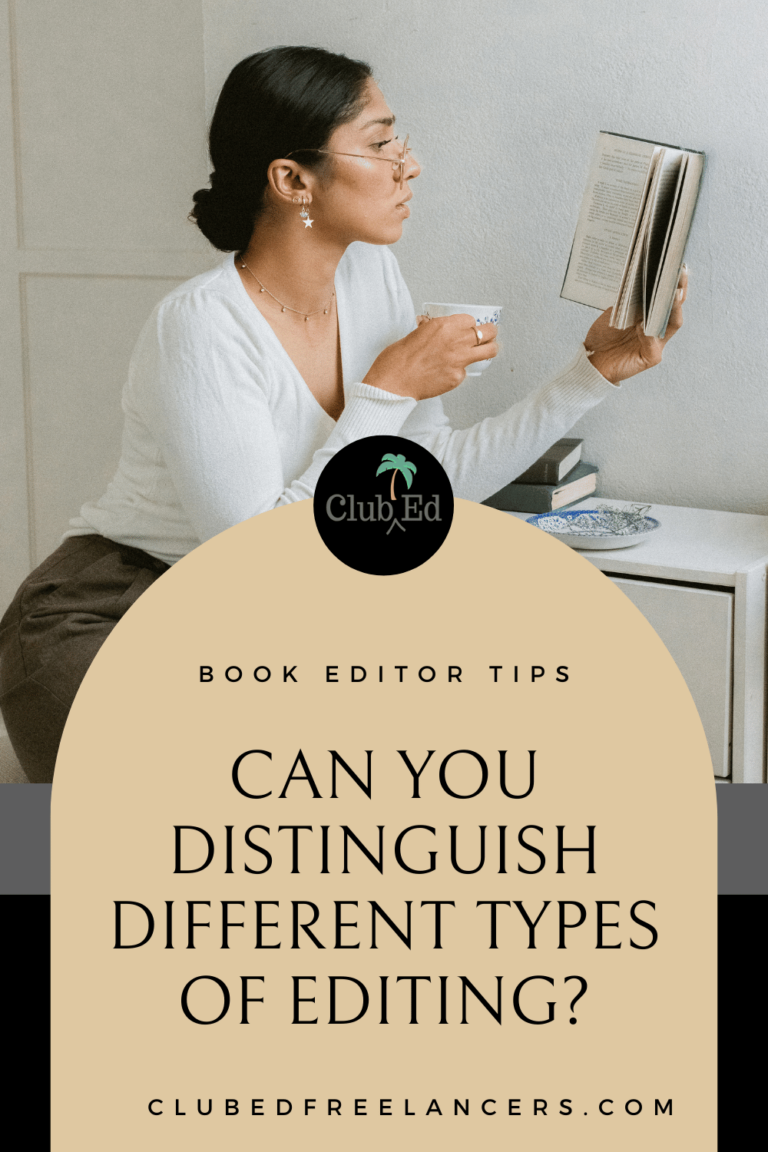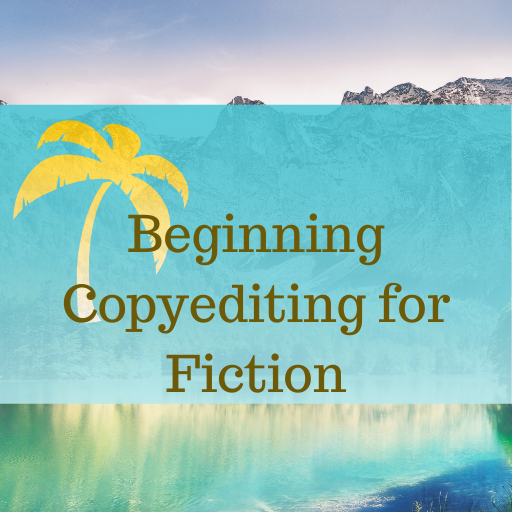Ask the Editor: Line Editing During a Developmental Edit
To help editors struggling with the overlap in different types of editing, we need to revisit line editing vs developmental editing.
From my inbox: “I’m a little confused about how much line editing is expected during a developmental edit. Are we expected to smooth over all of the tics in the author’s writing that might occur on every page of the manuscript – overuse of dialogue tags, confusing or awkward syntax, overuse of adverbs, etc? I ask because I have a prospective client who would like a developmental edit, but his writing needs a fair amount of massaging on the sentence-by-sentence level, too.”

This is a common question in development. It’s not something that has a definitive answer and it will depend on what you’re trying to do as an editor, the kinds of clients you want (or already have), and the specific projects you’re working on.
Balancing Types of Editing: Line Editing vs Developmental Editing
In general, I try to discourage developmental editors from doing too much line editing (focusing on sentence-level concerns such as word choice and awkwardly stated sentences). Getting too focused on CE-type edits distracts from the overall purpose of addressing the big-picture problems.
In general, I recommend reserving any intensive line editing for a second round of editing, since during the developmental revision process, the author is likely to change a fair amount of text, deleting some of the problem sentences and adding new ones.
If we try to ask the author to do too much, we risk making our priorities unclear (do you want the author to fix the sentence you’ve called out or do you want her to delete the whole scene as you also suggest?)
And we risk overwhelming the author with more to do than she can reasonably handle in one revision (I like to keep the Pareto Principle in mind here: 20% of the problems cause 80% of the mess in a ms, so if we can just get the author to fix those 20%, she’ll have vastly improved her ms.)
In actual practice, what your edit will cover is basically a matter of negotiation and setting expectations. Everyone has a different idea of what “editing” means so it’s up to us to explain what we mean by it, and that way no one is disappointed with the end result.
Other Helpful Content
Focus on a limited number of problems in story development
Typically in a manuscript evaluation or developmental edit, I focus on what I perceive to be the three-to-five most important concerns I’ve noticed in the ms. This is the approach I teach my editing students. Editing too many problems at once overburdens the author In any given ms, there may be ten or fifteen developmental problems…
Clients who want services you don’t offer
Newer freelancers sometimes come to me in a panic because a client has approached them to do work that’s outside their typical scope. Commonly this is something like the freelancer offers copyediting and developmental editing but the client wants coaching. What should they do? They don’t know how to coach, they don’t offer coaching services,…
Expand into Book Doctoring and Ghostwriting
If you’ve been a developmental editor for any length of time, you’ve likely encountered an author who just wants you to write the book for them. Or, you’ve encountered a manuscript that was in such disrepair that it required a herculean effort to fix it, dropping your hourly rate down to pocket change. As a…
Join the Club!
New to story editing? Begin at the beginning.





